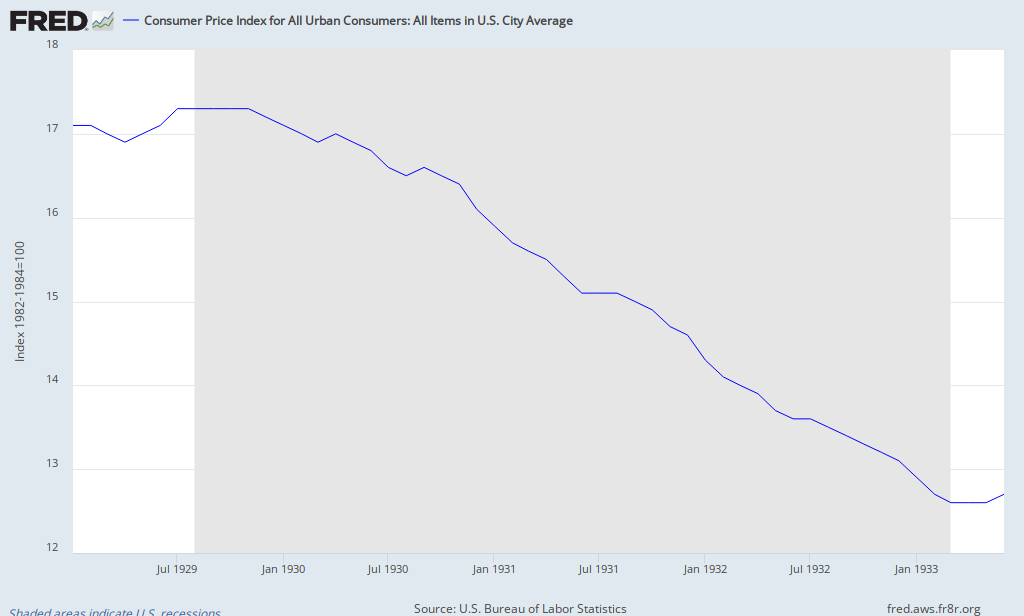Difference being the TARP and Stimulus did their job, averting a depression, and corporations, banks and the rich have record amounts of cash on hand. The problem is to get the do-nothing, block everything Pubs in congress to pass some of the jobs bill andtrade pacts languishing for no reason (except they want him to fail,the bought off a-holes)- and get the GD Pub a-holes to hire and loan...$%^&*#@ #$^&&%@#!! tyvm
so how is signing a trade pact that will send more jobs off shore going to create jobs.
Obama wants the GOp to approve more money we don't have to retrain people who are going to lose their jobs after this trade treaty is signed.
Hey, here's a concept, if a trade treaty is going to cause people to lose their jobs. Don't Sign It! And revoke some of those other ones that have caused us to lose jobs.



